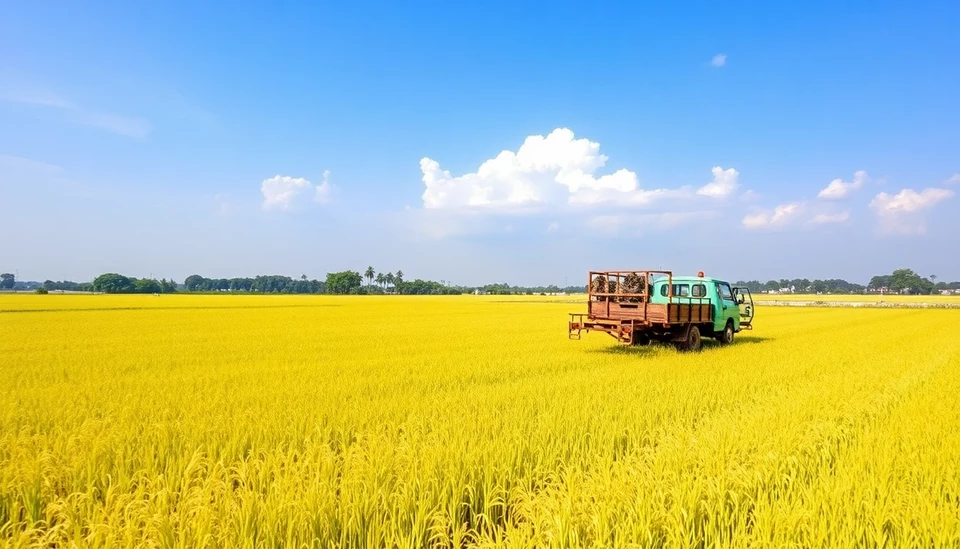
In a significant move aimed at revitalizing its rice export market, the Indian government has announced the removal of the tax imposed on certain rice exports. This decision is seen as a strategic effort to boost India's competitiveness in the global rice trade, particularly as the country grapples with fluctuating domestic production and the need to maintain robust agricultural exports.
This policy shift comes amid various challenges faced by Indian rice farmers, including unpredictable weather patterns and rising production costs. By scrapping the tax, the government hopes to incentivize exporters, giving them the ability to offer more competitive pricing in international markets, which will likely lead to increased trade volumes for one of the country's most vital crops.
Rice is a staple food for millions, not just in India but across the globe. The recent decision highlights the Indian government’s recognition of the critical role that rice exports play in supporting the agricultural sector and the livelihoods of farmers. The government believes that a more aggressive export strategy will enhance foreign currency earnings, thereby contributing positively to the nation's economy.
Experts in the agricultural and import-export sectors have welcomed this announcement, noting that the absence of the tax could make Indian rice more appealing to buyers in key import markets, potentially leading to greater market share. Analysts predict that this move could not only bolster India’s rice export figures but also create a ripple effect that could stabilize prices for consumers around the world.
The elimination of the export tax reflects a broader trend within India’s agricultural policy aimed at reducing barriers to trade and fostering a more conducive environment for agricultural production and exports. As competitors in other rice-exporting countries continue to offer competitive rates, India’s proactive approach may well redefine its position as a leading rice exporter.
In conclusion, the Indian government's decision to scrap the tax on specific rice exports marks a pivotal juncture for the country's agricultural industry. By focusing on enhancing export competitiveness, India aims to secure its status in the global rice market, ultimately benefiting farmers and consumers alike.
#India #RiceExports #AgriculturePolicy #GlobalTrade #Farmers #Economy #FoodSecurity
Author: Victoria Adams




